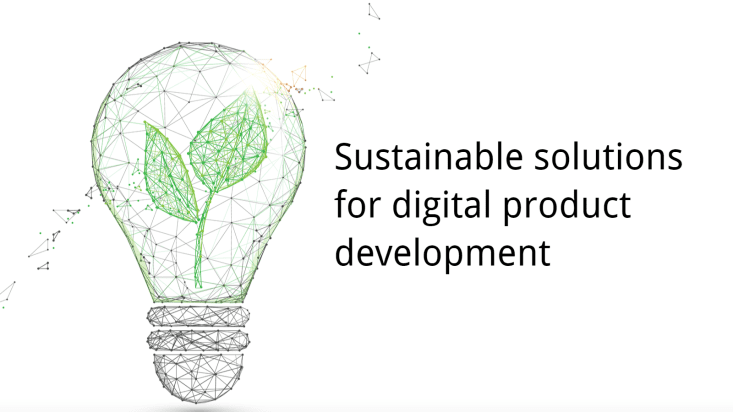One of the phrases we heard during this pandemic in the manufacturing industry was “Chip shortage!” followed by “How could this have happened?!”. Alarms were raised in many companies facing challenges to keep operations in their manufacturing process due to the shortage in semiconductors. As Volvo cars stated, the cause for this supply chain crisis was a record level in demand for electronics and unforeseen new trade barriers. The affected companies had to mitigate in a similar manner as Volvo did, by working closely with both their suppliers and logistics partners. Two important lessons that we have inferred from this difficult time – the industry needs an improved collaboration efficiency that can handle such emergencies and improve its resource conservation to avoid having shortages. At Eurostep we are working towards solving both of these challenges to improve supply chain resilience by continuously developing new capabilities for ShareAspace – our standards-based collaboration hub to share product data with suppliers and partners.
However, there is a market need that is pushing manufacturers to support more sustainable product designs regardless of any crisis. Managing the information related to products in a digital thread is crucial to building up knowledge that allows reducing waste. As mentioned by the Ellen MacArthur Foundation, “waste + information = resource”. In order to support suppliers under new legislation and due to the increased demand from the suppliers themselves regarding sustainability and digitalization, Eurostep is getting more involved in developing capabilities to deal with these challenges. One of the projects that we are now collaborating on is called Digital Sustainability Implementation Package (DSIP). It aims to provide innovative capabilities for sustainable product design and product development, bringing sustainable solutions to the market.
DSIP has gathered a strong consortium of partners and solution providers. The core industrial partners involved are owners of industrial use cases with clear needs aligned with DSIP goals. Partners such as Volvo GTT, GKN aerospace and Roxtec are part of this category. The solutions providers bring their experience and capabilities to develop solutions that can meet the requirements of the industrial use cases and deliver key contributions for the project. Blekinge Tekniska Högskola (BTH), Chalmers as well as Eurostep are part of these category. BTH is the overall project management and leads the development of a new tool called “Sustainability fingerprint”. Chalmers lead industrial case collaboration developing methods for product and production systems. In addition, DSIP is supported by industrial partners that have an aligned interest and goal such as IKEA, Tetrapak, Dynapac, Ragn-Sells, among others.
Eurostep is involved in the DSIP project leading the “Digital data management platform” work package. Integrating tools such as the previously mentioned “Sustainability fingerprint” whose purpose is to make assessments early in the design process and provides a sustainability profile of different solutions of the company portfolio. This project allows Eurostep not only to be involved operationally by developing such a platform on ShareAspace but also to be able to implement the project using international standards on which ShareAspace is based on. Specifically, the Product Life Cycle Support standard (ISO 10303-AP239 PLCS), an extension of the Standard for Exchange of Product model data (ISO 10303 STEP). DSIP addresses the two challenges mentioned at the beginning of this blog by developing digital solutions that support value chain collaboration which enables efficient resource usage throughout the product life cycle. Following a standard-based approach for sustainability data management and sharing, as well as supporting the development of value chains for sustainable solutions.
Aligned with our vision at Eurostep, DSIP will provide support to increase sustainability-related capabilities in companies to identify and solve trade-offs between short term economic benefits and long term strategic sustainable benefits. Leading to an increased maturity level in the industry for sustainable innovation and increasing competitiveness as well as adapting business models to socio-ecological sustainable solutions. Subsequently, Eurostep and DSIP encourage sustainable production and collaboration between different actors, using a science-based approach and framework for sustainable development and targeting users at different organization levels along the digital thread of new product designs.
ResCoM is an example of a solution that was previously developed on ShareAspace towards a sustainable future in collaboration with many industries. Its name stands for “Resource Conservative Manufacturing” and was co-funded by the European Commission to develop a collaboration platform based on methodologies and tools for closed-loop manufacturing systems. As you can imagine by its name, DSIP is a project with some similarities with ResCoM. To learn more about our work with ResCoM download our case study.
To learn more about standards, we invite you to read our blog How to select standards for advanced process & data management.
